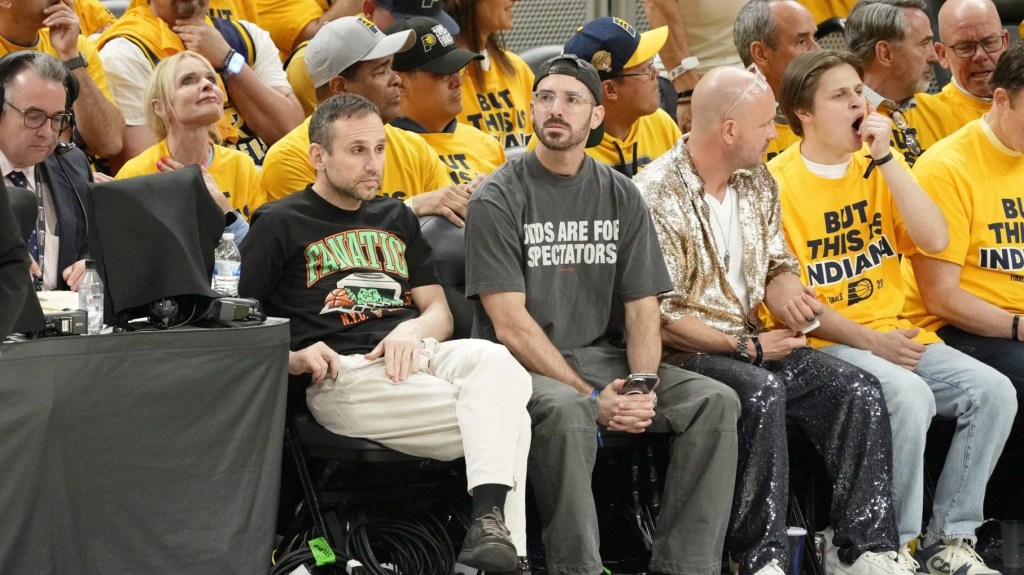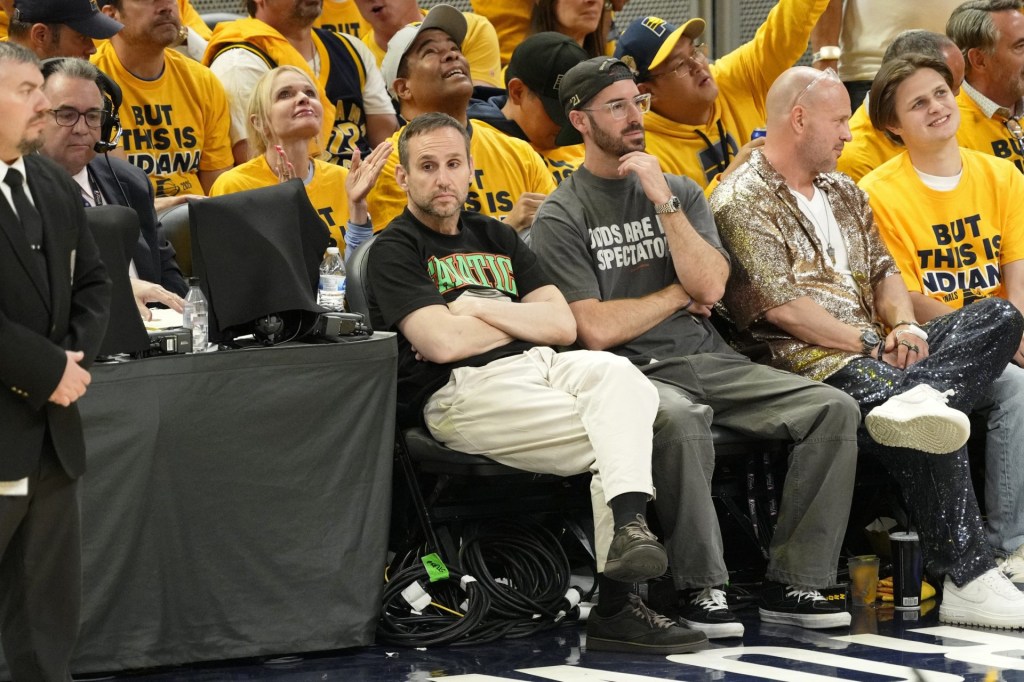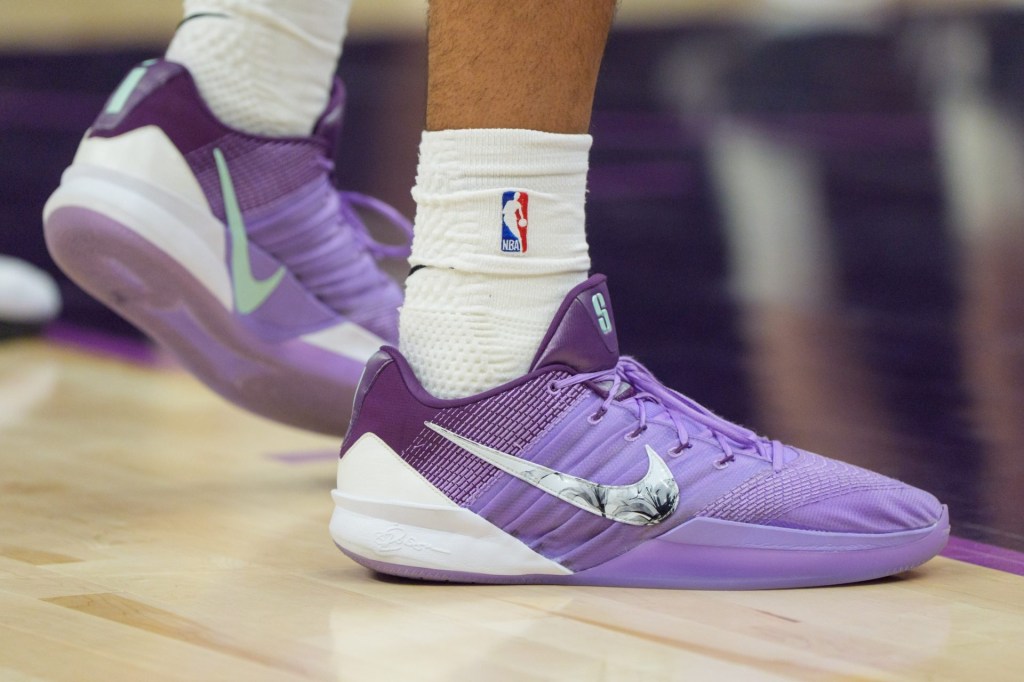Nike is making a bold change after its long-running bid to overhaul its business made little progress.
The sports apparel and footwear giant said late Thursday that former company senior executive Elliott Hill is coming out of retirement to take the role of president and CEO, replacing the embattled John Donahoe.
Hill will take over day-to-day company leadership effective Oct. 14, while Donahoe will move into retirement. Formerly the company’s president of consumer and marketplace, Hill led all commercial and marketing operations for Nike and Jordan Brand.
Nike’s announcement said, “The Board and John Donahoe have decided he will retire from his role.” In the release, Donahoe admitted, “It became clear now was the time to make a leadership change.”
Hill had been retired since 2020. But some type of large-scale shift such as this had been almost inevitable for Nike, once a truly dominant brand capable of singularly shaping pop culture. Already in the midst of a $2 billion cost-cutting campaign, Nike has done multiple large-scale layoffs and seen a 24% drop in its stock while the Dow Jones Industrial Average soared to record highs. The company was embarrassed by its central role in the MLB uniform debacle and challenged in unprecedented ways by upstart brands such as On and Hoka.
“Given our needs for the future, the past performance of the business, and after conducting a thoughtful succession process, the board concluded it was clear Elliott’s global expertise, leadership style, and deep understanding of our industry and partners, paired with his passion for sport, our brands, products, consumers, athletes, and employees, make him the right person to lead Nike’s next stage of growth,” said Mark Parker, Nike executive chairman.
Market Reaction
Investors applauded the news, sending Nike shares up by more than 9% in immediate after-hours trading Thursday. Donahoe had been in the post for nearly five years, and he will now transition to an advisory role through January 2025.
Donahoe, a former eBay executive, had particularly struggled of late with Nike’s direct-to-consumer business, a central part of his strategy. That component of the business briefly thrived during the COVID-19 pandemic, but more recently stagnated in the face of not only growing competition, but rising consumer pushback about pricing and product features.
The shift also arrives as the market is eagerly—and nervously—anticipating Nike’s next set of quarterly earnings, scheduled for release Oct. 1. Nike’s last report, a meager one back in July, prompted a company-record 20% plunge in Nike’s stock in one day. In that prior report, Nike also warned the company’s situation would likely get worse before it got better, projecting a fiscal-year sales decline of roughly 4–6% instead of a prior expectation of a gain.
Notably, Hill’s comment in the company announcement regarding his appointment referenced his plan to “deliver bold, innovative products”—something that had been noticeably lacking from Nike over recent years in the minds of many consumers and analysts.
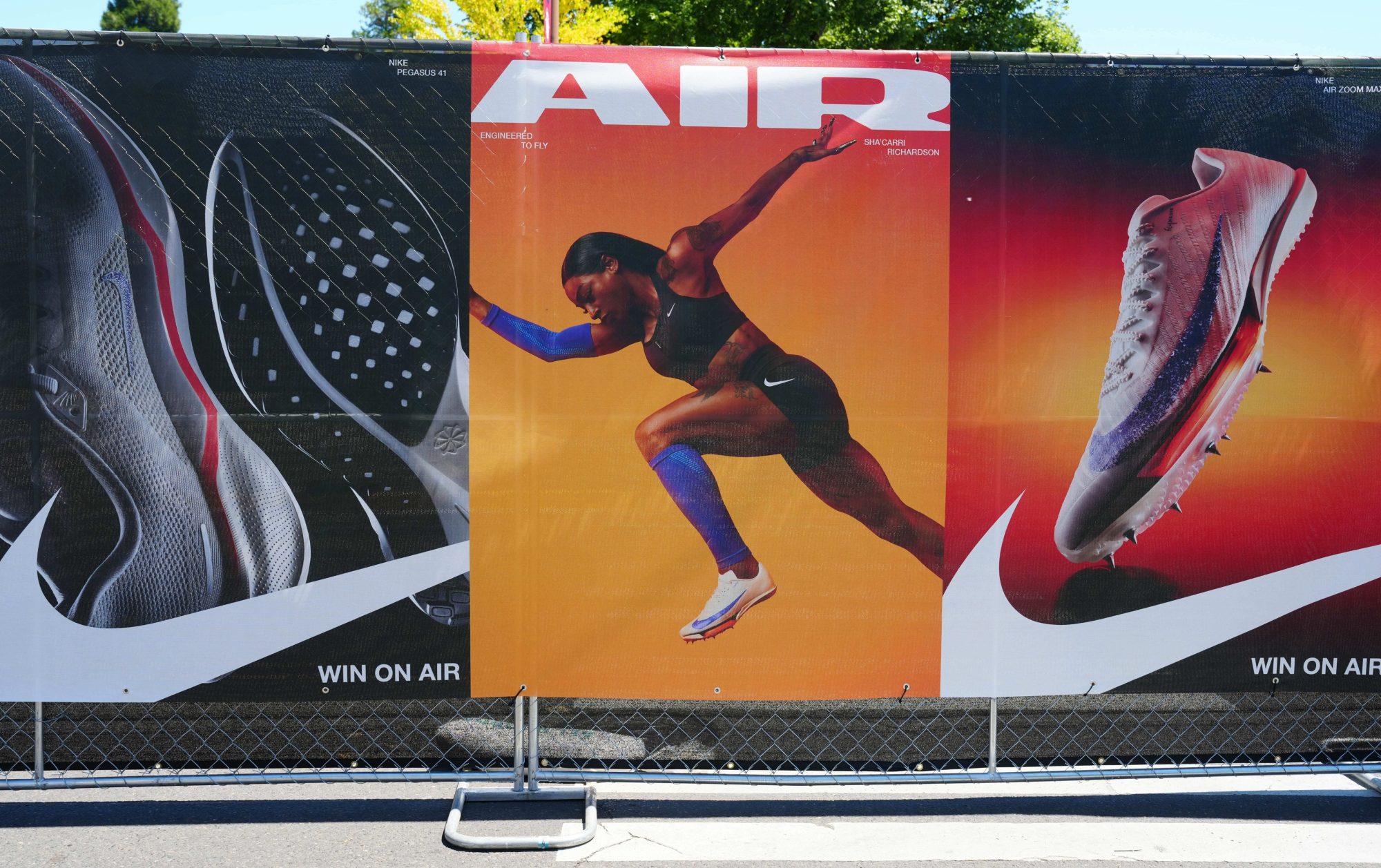

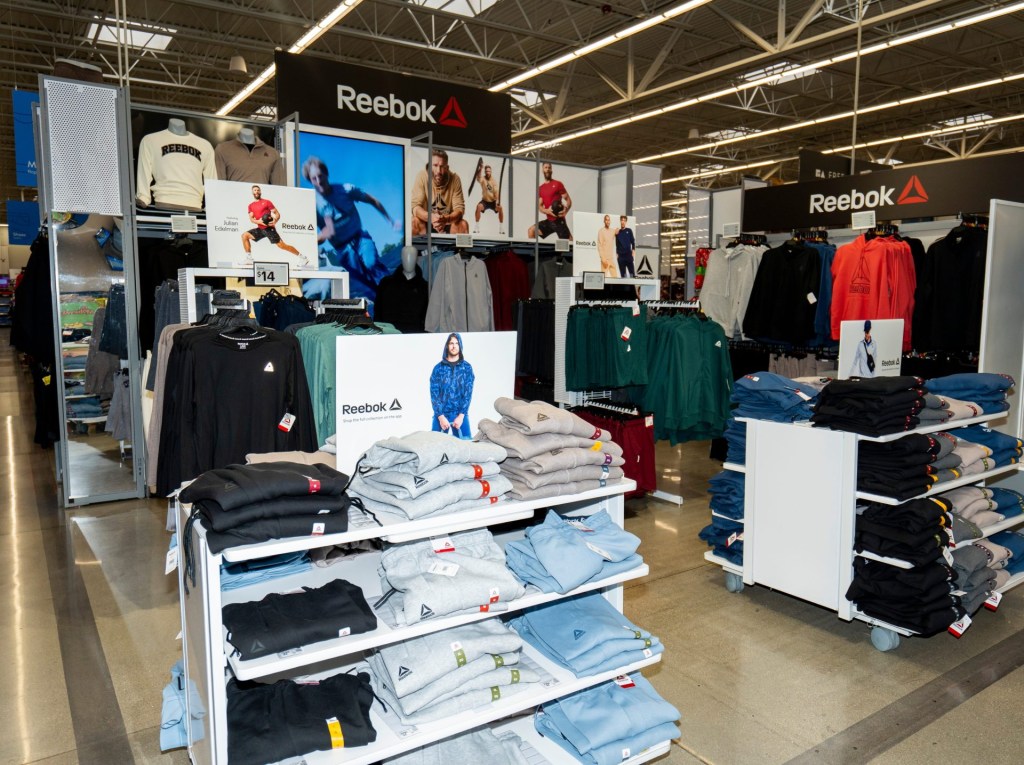

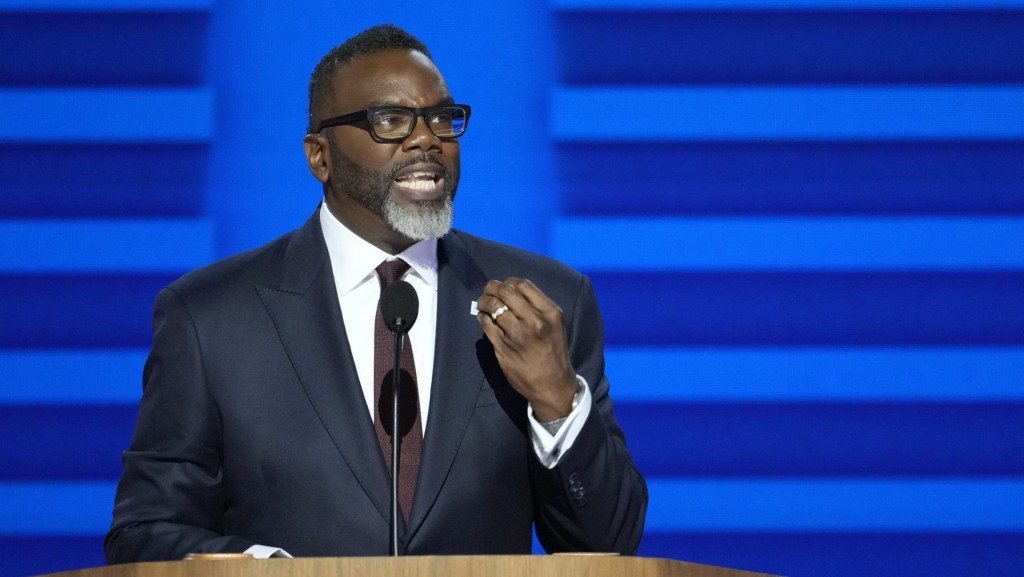


![[Subscription Customers Only] Jun 15, 2025; Seattle, Washington, USA; Botafogo owner John Textor inside the stadium before the match during a group stage match of the 2025 FIFA Club World Cup at Lumen Field.](https://frontofficesports.com/wp-content/uploads/2026/02/USATSI_26465842_168416386_lowres-scaled.jpg?quality=100&w=1024)
![[Subscription Customers Only] Jul 13, 2025; East Rutherford, New Jersey, USA; Chelsea FC midfielder Cole Palmer (10) celebrates winning the final of the 2025 FIFA Club World Cup at MetLife Stadium](https://frontofficesports.com/wp-content/uploads/2026/02/USATSI_26636703-scaled-e1770932227605.jpg?quality=100&w=1024)
